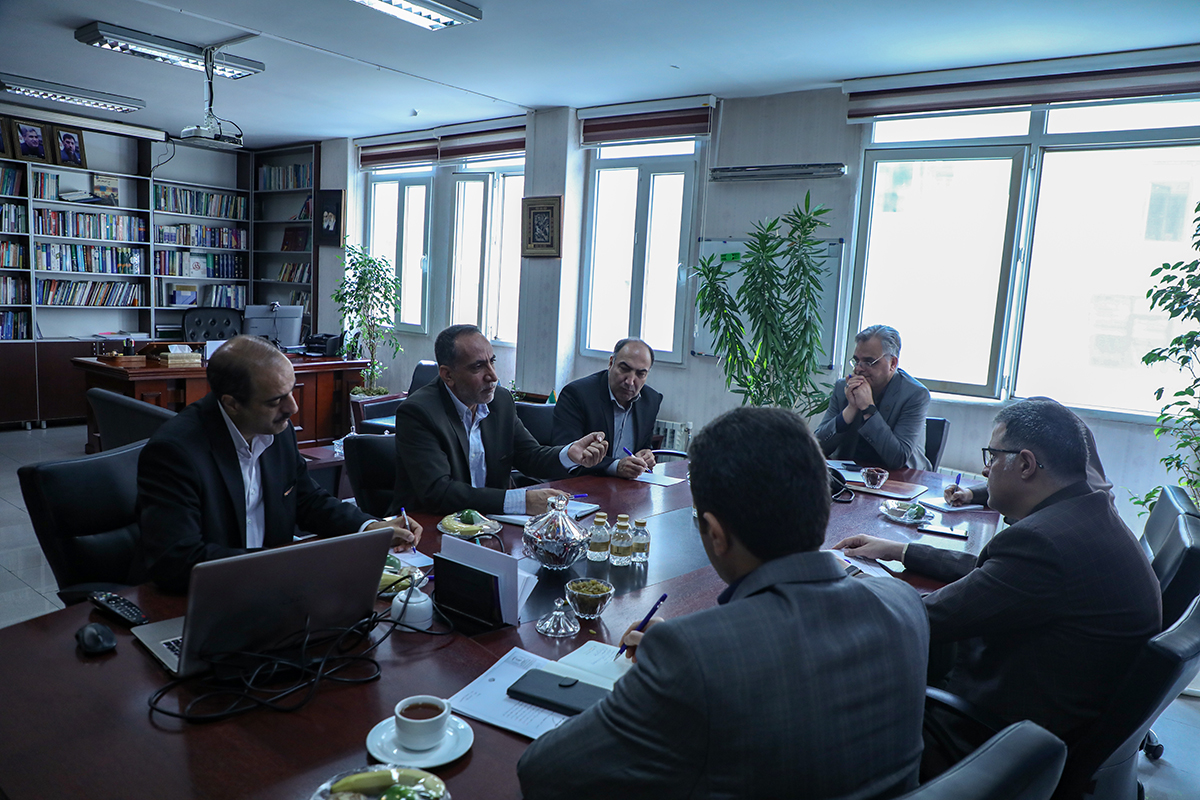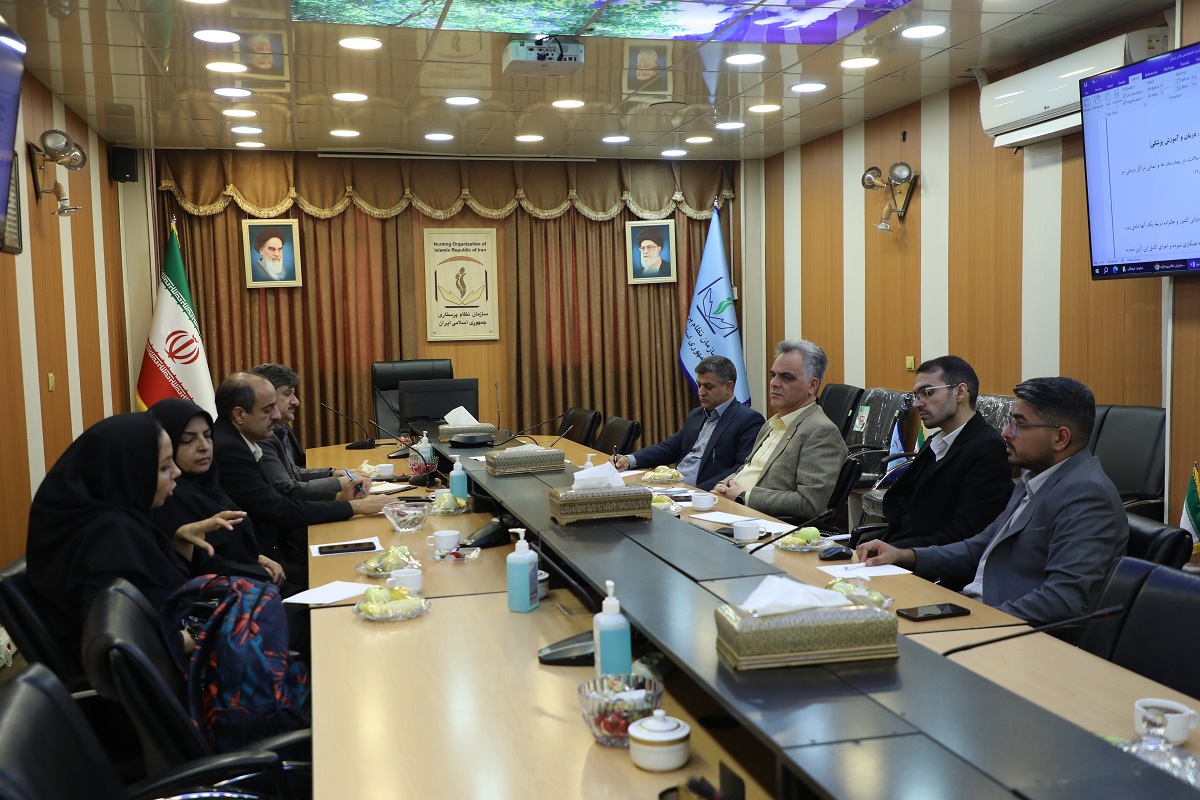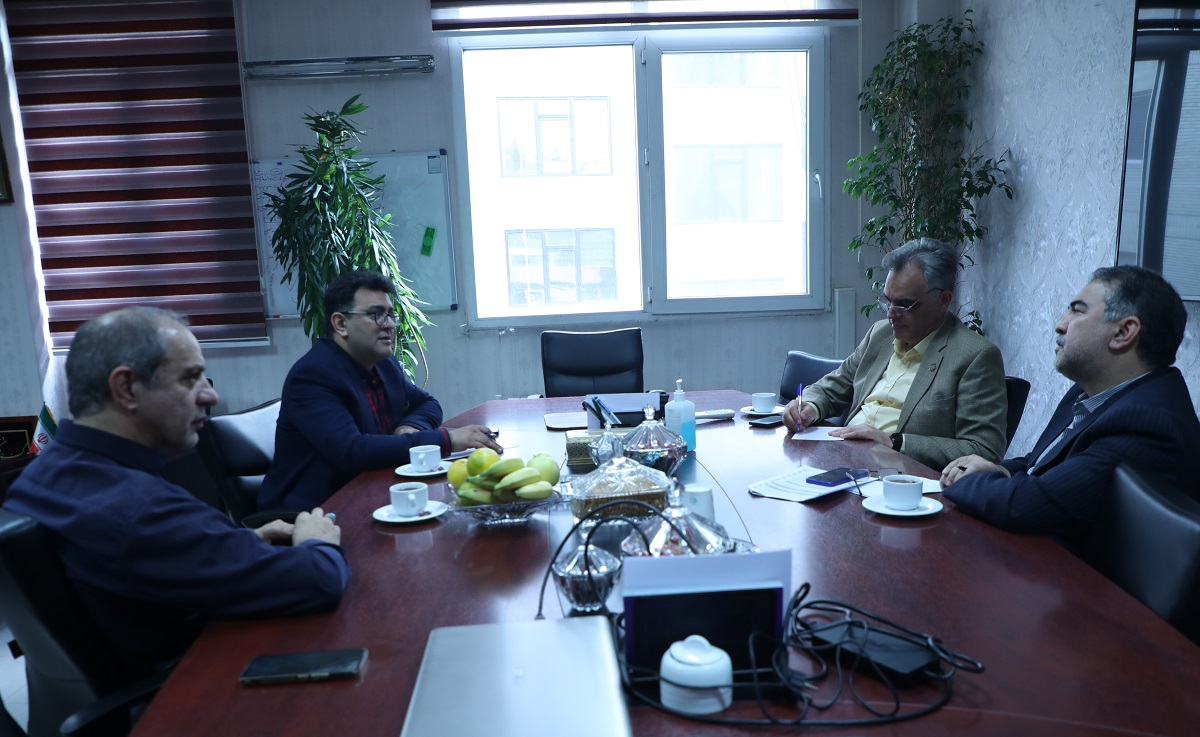Head of the Iranian Nursing Organization: Ministries of Health and Foreign Affairs Must Coordinate on Nurse Migration

In the inaugural session of the Nursing Migration Task Force, Dr. Ahmad Nejatian, the Head of the Iranian Nursing Organization, emphasized the need for the Ministries of Health and Foreign Affairs to address nurse migration issues collaboratively.
Dr. Nejatian highlighted that nurse migration has doubled in recent years due to economic, livelihood, and social issues. While acknowledging that migration is a global phenomenon, he stressed the importance of organized migration processes. Nurses should migrate with informed decisions, and conditions should be created to facilitate their return.
He called for collective efforts from various organizations to manage nurse migration and ensure nurses' rights are protected. Instead of merely preventing migration, it is crucial to understand and address the underlying causes.
The session, attended by representatives from the Ministries of Health, Foreign Affairs, and Labor, discussed the current status and reasons behind nurse migration. Various proposals were reviewed, including improving working conditions to encourage nurses to stay and return to Iran.
Dr. Nejatian noted that nurses, like any other citizens, have the right to choose their workplace. However, if the current trend continues, the severe shortage of nurses could lead to significant challenges. He urged for immediate action to manage this issue.
Dr. Mohsen Razani, the International Affairs Advisor, stated that young and newly graduated nurses increasingly seek migration opportunities. This trend, coupled with the retirement of existing nurses, necessitates urgent measures to reduce migration rates.
Currently, Iran faces a shortage of 100,000 nurses. Coordinated efforts between the Ministries of Health, Foreign Affairs, and other relevant bodies, as well as agreements with destination countries, are essential to safeguard nurses' rights and mitigate national healthcare challenges.




Post a comment